
It’s surprising how much we can learn about people’s attitudes using nothing more than Google web search. What makes it even more interesting is how these attitudes evolve over time.
[ef-archive number=2 tag=”lists” ]
Back in 2011, I started to search what people googled about ebooks. There is a tiny little feature on Google web search, Google Instant, that tries to predict what you are looking for.
In a drop-down menu under the search box, Google displays a few suggestions. These are the search queries most users were typing.
For example, when you type “can ebooks”, Google Instant will suggest “can ebooks be shared” on the first place, because it’s what most users were searching for recently.
Obviously, nothing compares to a well-conducted extensive study. However, using a simple Google web search tool can give answers to such questions as:
- Are we still afraid ebooks will replace print books?
- Do we understand what ebooks are about?
- Are we familiar with the technology behind ebooks?
- What features do we expect ebooks to have?
- Do we perceive ebooks as a potential business idea?
It’s good to keep in mind two advantages of using Google as a research tool.
First, in a traditional research users are being asked the questions. On Google, users ask the questions.
Secondly, it’s not thousands of people who take part in a research. It’s hundreds of thousands. And, most importantly, they are not prompted to deal with the topic. They search for answers because the topic is important to them.
Below, you’ll see how attitudes towards ebooks evolved over the past four years. I gathered Google Instant suggestions using Chrome browser, while being logged out, and in depersonalized mode:
- on October 28, 2011,
- on August 14, 2013,
- on August 18, 2015.
Let’s take a closer look at particular search queries. All of them are included in the infographic What we think about ebooks, 2011-2015, embedded at the end of this post.
[ef-reco id=”105349″ title=”Read also” info=”Top article”]
What we think about ebooks, 2011-2015
Will ebooks…

The question about whether paper books will survive the digital revolution is still the biggest concern. Ans still, it’s ebooks to be blamed for.
I was hoping that “ebooks replace paper books” trend would be replaced by questions related directly to ebooks, for instance, how would they evolve in the nearest future.
Paper and electronic books are meant to coexist, but it looks like it’s not a common opinion, yet.
Another search query that catched my attention: “will ebooks replace printed books essay”. This query is new, and its presence in Google Instant suggests it’s a popular school topic.
I’m sure more and more students conclude paper books will not be replaced by ebooks. What I’d add is that paper books will live long after ebooks disappear.
There is one more query in that section that is quite ridiculous at first sight: “will ebooks work on Kindle”. What? Kindle means ebooks – that’s obvious, isn’t it? So why people ask about it at all?
There could be a couple of reasons.
First explanation: it’s the question asked by current and future users of Kindle Fire tablets. These users think of Kindle as a device to watch movies, surf the web or play games. reading books is one of the available options, but there may be many users who were not aware of it so far.
The second explanation is more convincing. There are many people, who are newbies to ebooks, not only in the U.S. but globally. They want to double-check it before buying the Kindle e-reader. Future tense suggests what people have in mind: “will my ebooks work on my Kindle”.
These users have collected a large number of ebooks on their computers. They have decided to invest in a dedicated ebook reading device. Kindle is the first brand that comes to mind, and it’s inexpensive, but many users have heard that Kindle is incompatible with all other systems.
Are ebooks…

Earlier, people were not sure whether to try ebooks at all (“are ebooks worth it,” “are ebooks any good”).
Now, top four most popular search queries ask for free ebooks. Both then and now, these questions came from ebook newbies. The doubt expressed in 2011 and 2013 is now gone – on condition the ebooks are free.
It’s easy to explain why there are so many questions about Kobo. Kobo promotes their e-readers and apps with “millions of free ebooks,” but it’s not easy to find these ebooks on Kobo website.
“Free Google books” is an outcome of the Google Book Search program that digitized millions of printed books, and the ones from public domain were available for free.
Two other two search queries are surprising.
The top search query in 2015 is “are Goodreads ebooks free”. Free ebooks are available on Goodreads, but there are only 2,500 of them, and it was never a major section of this popular social network for book lovers.
What’s more, Goodreads is not an online store, but a book recommendation site. You can’t buy any book (print or electronic) on Goodreads. You can only get a link to your preferred online bookstore.
The popularity of this search query shows how influential social networks are nowadays. For many book lovers, Goodreads may be the first place they learn about ebooks and start thinking about trying them.
The last thing is about libraries and it’s shocking. Something obvious is not obvious any longer. Library patrons are confused if they ask: “are library ebooks free”.
Such an attitude may be the outcome of the war over ebooks between publishers and libraries. Consumers may have been exposed to media coverage about this issue, especially prices libraries have to pay to publishers, and terms of use of the library ebooks.
The simple association is that if the price is included, the library patron will have to pay it in the end.
This is the only rational explanation I could think of. Anyway, red alarm rings, and libraries should increase their efforts to explain to their patrons ebooks are free to borrow, just like paper books.
Can ebooks…

Questions that start with “can” are about exploring the possibilities and limits of ebooks.
What’s worth highlighting, people are mostly interested in finding out the reference to paper books.
If someone finds an ebook, most probably the free one, after running a search query “are ebooks free”, she or he wants to know whether this free content can be turned into the old good paper book.
This need suggests a lot of users have not discovered the comfort of reading books in an electronic format: personalization, synchronization, note-taking, highlighting, navigation, multimedia, etc.
The second search query, “can ebooks be shared” touches a range of topics, from ebook DRM, to terms of use, to format differences. Sharing ebooks is not as easy as print books – people are aware of that, and they want to know the details.
The second group of questions is about finding out whether the ebook can be read on a current device: “computer,” “iPad,”, or “Mac”.
Do ebooks…

The most specific set of queries, the ones starting with “do”, come mostly from people who are interested in getting involved into the ebook business.
“Do ebooks sell” and “do ebooks make money” are asked by – either current or potential – ebook authors, publishers, or distributors.
What’s interesting, the business questions started to be asked in 2013. They are not present in the 2011 set.
The next thing, worth taking a look and taking care of, is that users want pictures in ebooks – and they doubt they’ll find them. These questions are asked by parents who consider getting ebooks for their children, or readers who want to get cookbooks, graphic novels, or books on travel and hobbies.
• • •
For people involved in ebooks for some time, these topics are obvious. Ebooks have pictures, they can be read on a computer, they will not replace print books, and they work on the Kindle.
The more we know about ebooks, become experts or advanced users, the bigger the chances we lose contact with first-time ebook users and their real needs.
A couple of Google search queries can highlight important new needs and trends.
Obviously, the interpretation is pure guessing. It doesn’t change the fact that a lot of people are searching for a specific topic. They want answers, and they keep being confused if they don’t find them.
Maybe, if so many people want to have free ebooks on Goodreads, it’s worth to extend this section with ebooks from public domain, or at least link to them on Project Gutenberg, Internet Archive, or Kindle Store.
If library patrons are not sure ebooks are free to borrow from libraries, there is a need to change that by increased efforts from libraries and library associations.
If users want pictures in ebooks, much more should be done to inform them there are pictures in ebooks – and much more than that: audio tracks, videos, or advanced interactive elements.
Stay tuned. In two years, I’ll publish the next edition of “What we think about ebooks”.
What we think about ebooks, 2011-2015 (infographic)
Click or tap on the infographic to see it in full resolution.

Feel free to share the infographic on your blog or website. Copy the code from below and paste it in html/text view while creating a post.
[ef-embed]
• • •
To get more posts like this, please subscribe by RSS or email. Let’s also connect on Facebook, Twitter, and Pinterest.
Recent posts on Ebook Friendly:
[ef-archive number=5 tag=”lists”]

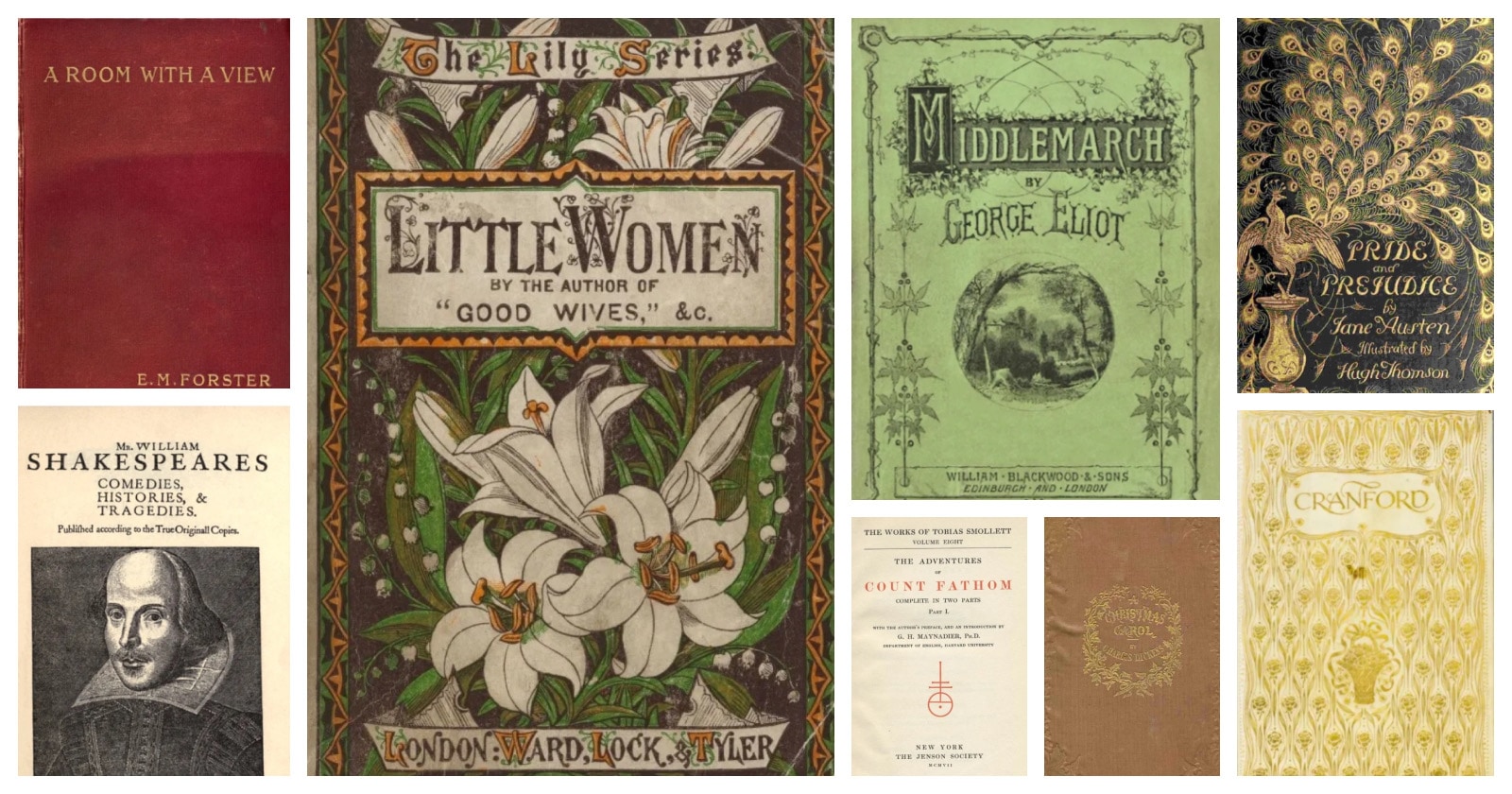

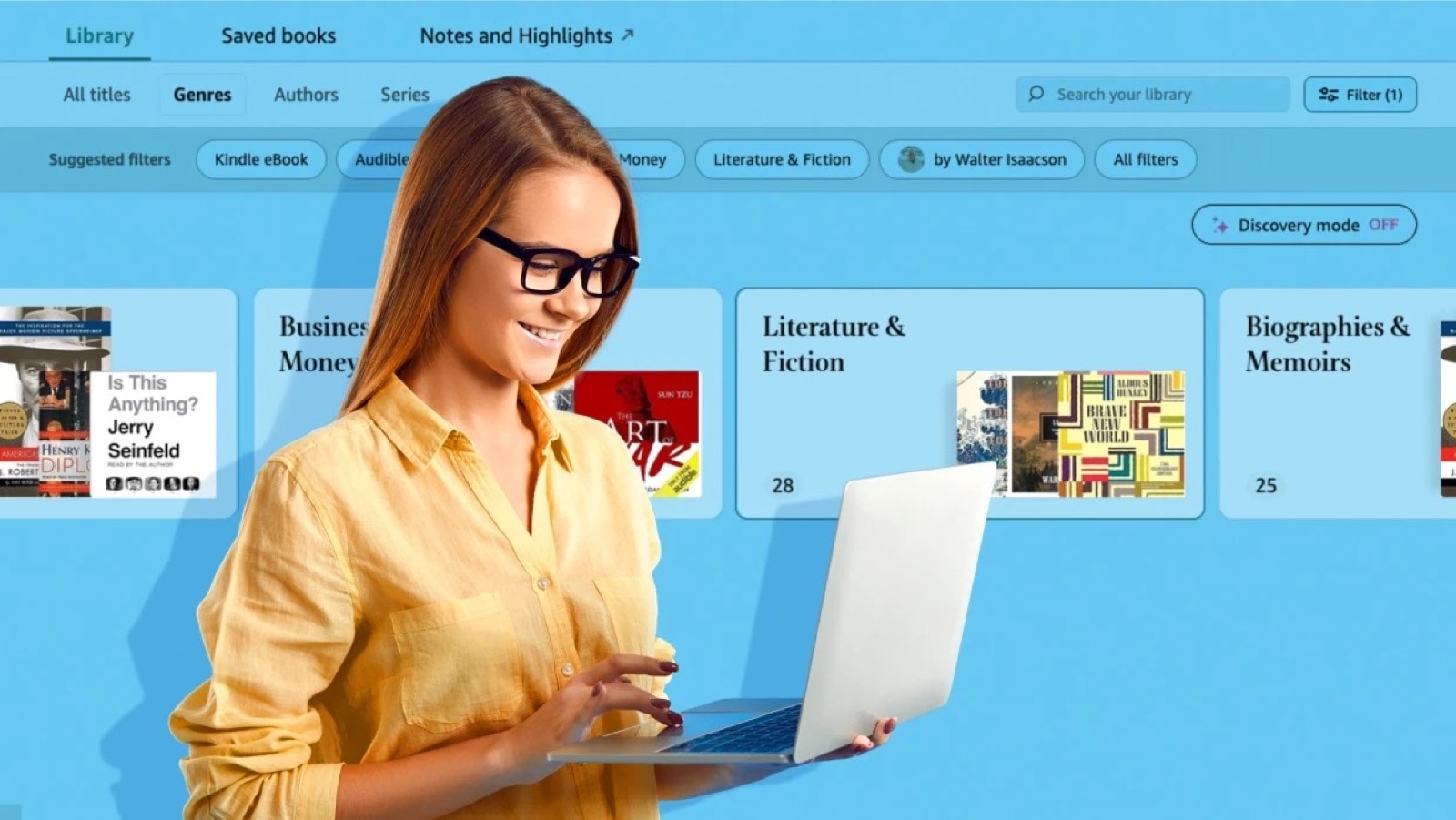
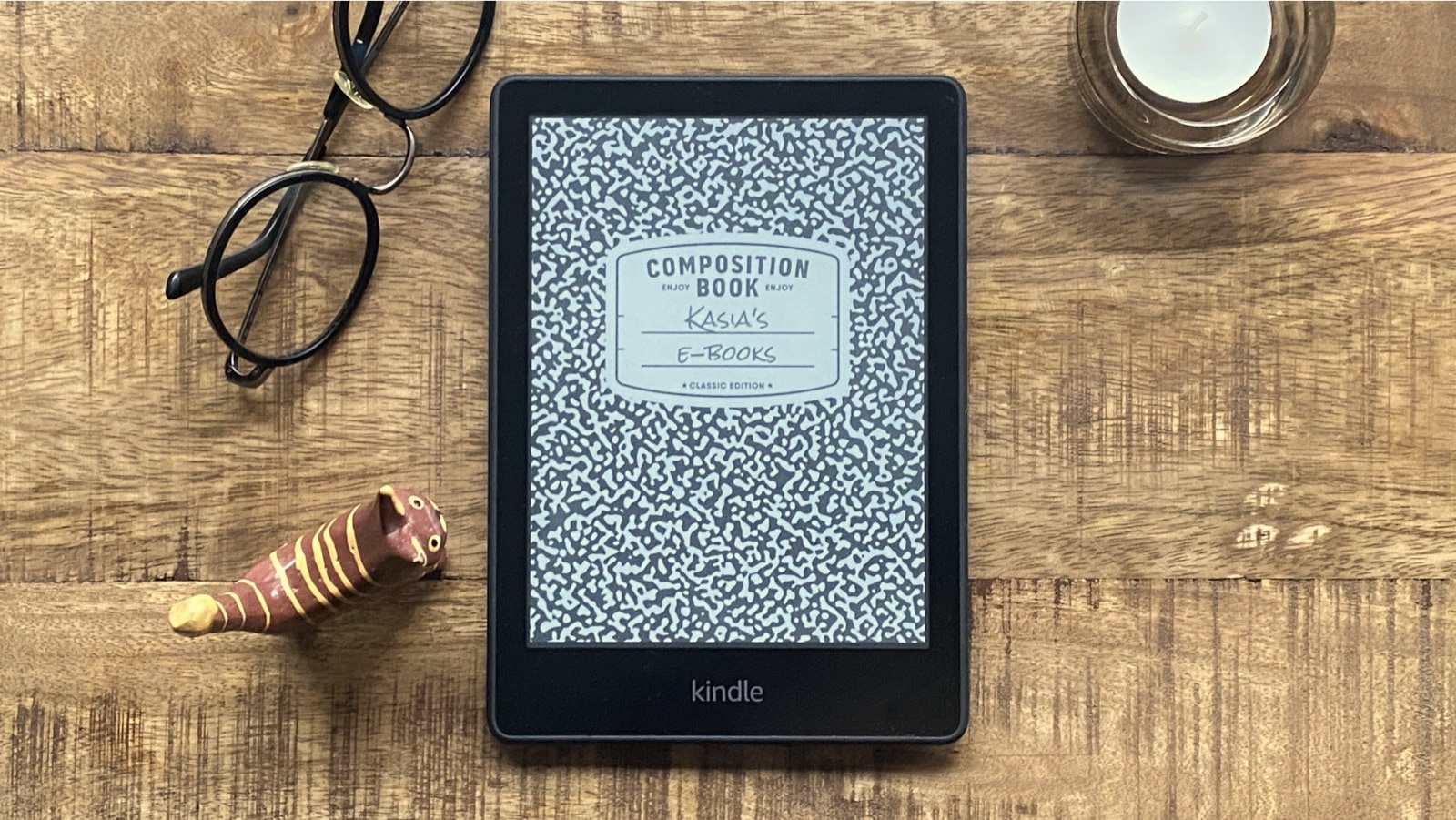
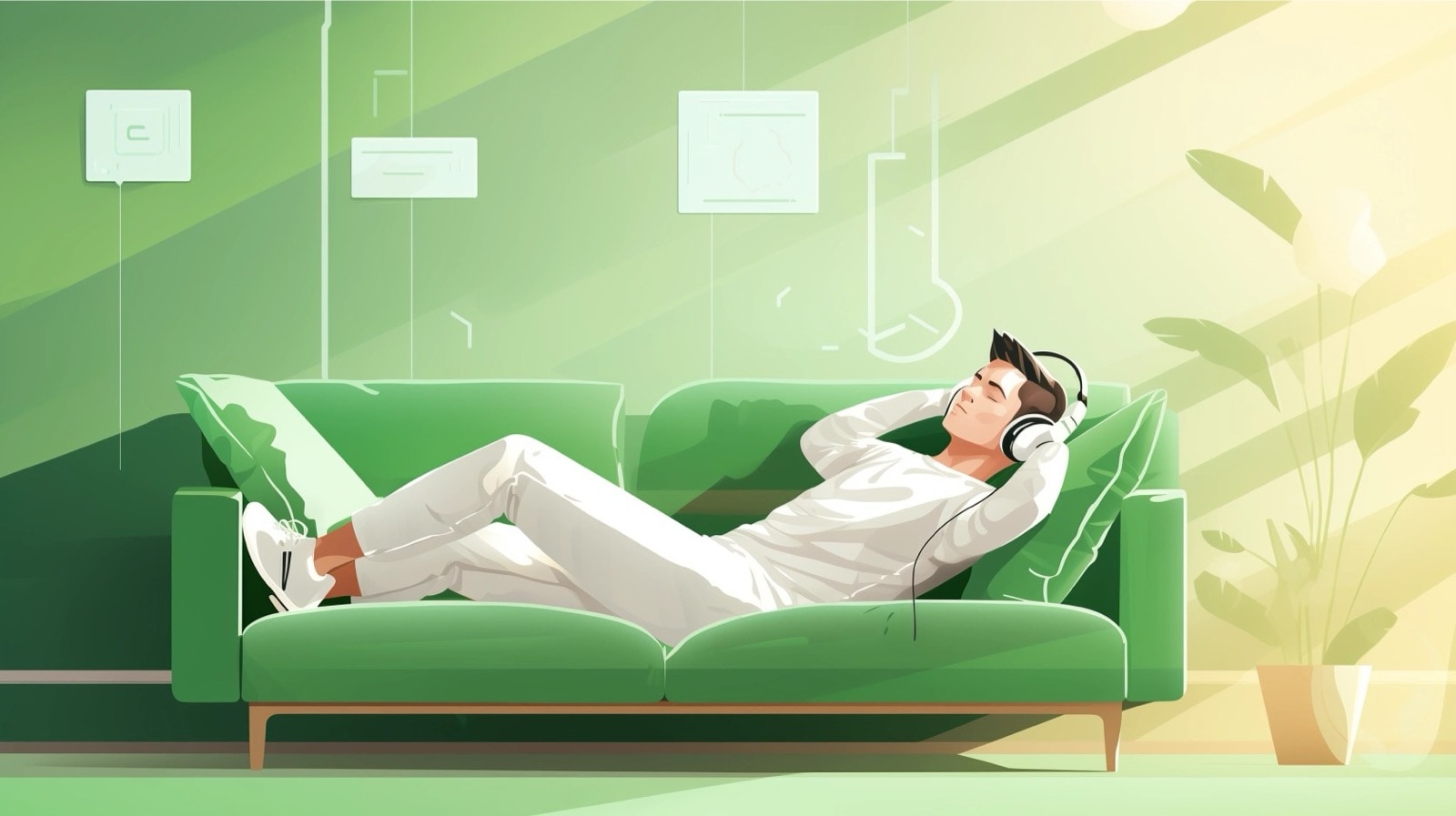
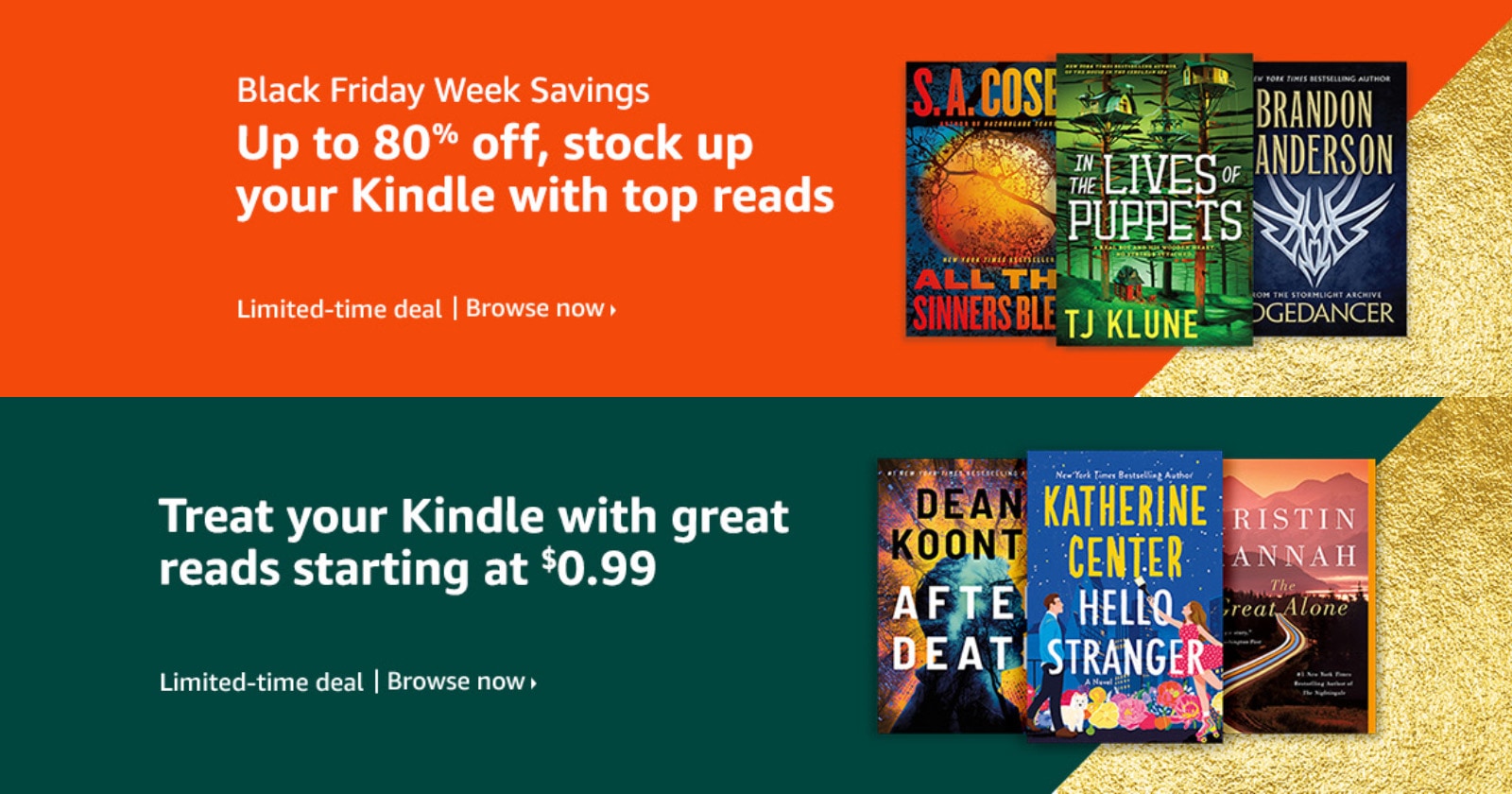

Leave a Reply